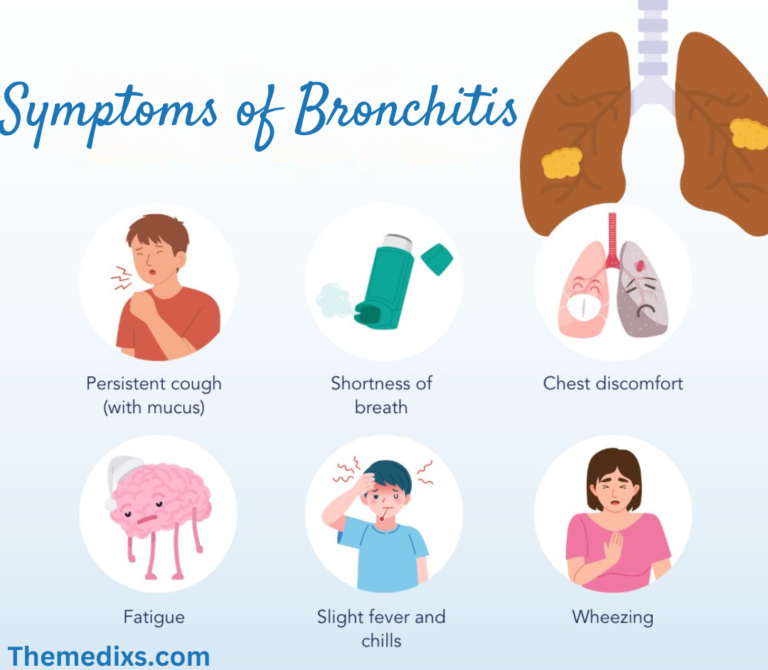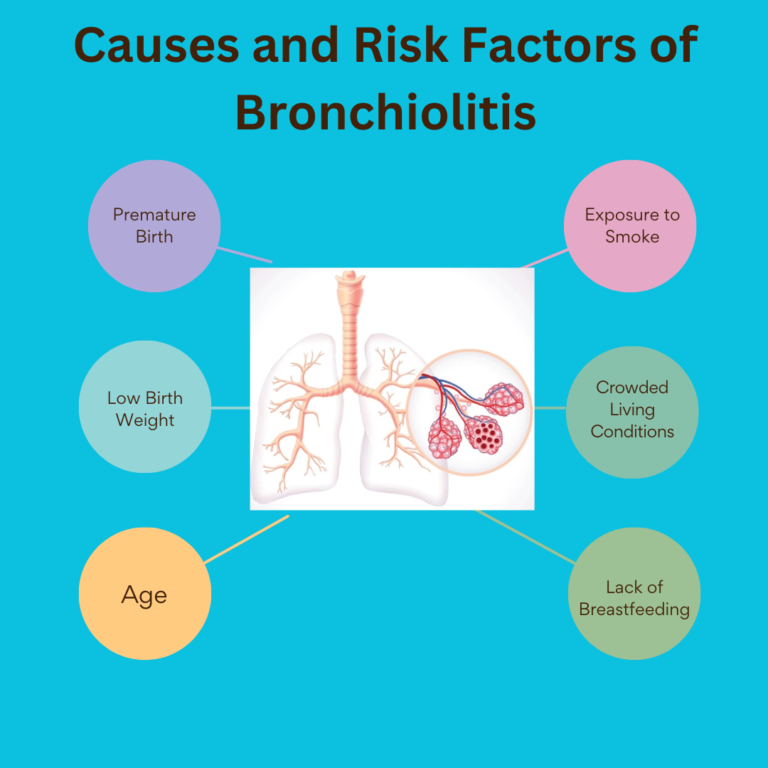Cold and flu
Both the cold and flu are respiratory illnesses that may transmit to others, despite their different viruses of origin. Influenza viruses cause the flu, but a number of viruses, such as rhinoviruses, and parainfluenza can cause the common cold. Colds are often milder and less frequent, while flu is typically severe and more intense.
“THERE IS SOMETHING IN SICKNESS THAT BREAKS DOWN THE PRIDE OF MANHOOD”
Charles Dickens
What are the symptoms?
Flu symptoms might include headaches, sore throats, runny or stuffy noses, fever or feeling feverish/chills, headaches, and exhaustion. Generally speaking, cold symptoms are less severe than flu symptoms. Runny or stuffy noses are more common in those who have colds. In most cases, colds don’t cause major health issues.
Runny or stuffy noses are more common among cold sufferers, and while the flu can have major side effects. Colds often do not pose a substantial health risk. In this article, we will provide you a comprehensive guide to cold and flu.
How to tell the difference between a cold and the flu?
The onset and length of the symptoms separate the flu from the common cold. While the symptoms of the cold typically remain longer, those of the flu typically start. Flu symptoms appear suddenly with a fast onset of fever, chills, muscular aches, moderate headache, and exhaustion. And it last a few days over 100°F. While cold symptoms might linger up to three weeks, flu symptoms typically last one to four days. Significant fevers are infrequent with colds, and dry coughs are more typical of the flu. Common symptoms of a cold include stuffy nose, sore throat, and sneezing.
Treatment/Management
Management of flu and cold at home included Home remedies and OTC medications.
Home remedies:
Home treatments for colds and flus include chicken soup, echinacea, ginger, honey, garlic, probiotics, saline nasal irrigation, gargling with saltwater, humidity, topical ointments, supplements including elderberries, warm baths, and immune system stimulation.

- Ginger has antibacterial, anti-inflammatory, and antioxidant qualities. Allicin, a substance found in garlic, has antibacterial and perhaps antiviral qualities.
- Chicken soup provides nutrients that hydrate and strengthen the immune system.
- One of the many vital functions of vitamin C, an antioxidant, in the body is immune system support. Though unlikely to shorten, it could help avoid a cold. Broccoli and other green leafy vegetables, red peppers, and citrus fruits are good dietary sources of vitamin C.
- Gargles with saltwater can reduce sore throat soreness and nasal congestion, which can help prevent upper respiratory infections and lessen the intensity of cold symptoms.
- When you have a cold or any other symptoms of an upper respiratory tract infection, saline nasal irrigation may help reduce nasal congestion.
- Topical ointments like VapoRub that include menthol and camphor may help reduce coughing at night.
- Essential oils possess antimicrobial, analgesic, and anti-inflammatory qualities that can aid in the management of cold, flu, and other respiratory diseases.
- Warm baths may benefit adults with cold and flu symptoms, as well as lowering a child’s temperature when they take a warm sponge bath.
Over-the-counter medications:
Over-the-counter medications can help alleviate the symptoms of the cold and flu, but it’s important to choose the right one for your specific symptoms.

- Painkillers: Ibuprofen (Advil), naproxen (Aleve), and acetaminophen (Tylenol) can all assist with fever, headaches, and body pains.
- Decongestants: By constricting enlarged blood vessels in the nasal passages, decongestants such as pseudoephedrine (Sudafed) and phenylephrine (Sudafed PE) can help reduce nasal congestion.
- Antihistamines: Antihistamines can reduce runny nose, sneezing, and itchy eyes. Examples of these medications include diphenhydramine (Benadryl) and loratadine (Claritin).
- Cough suppressants: Robitussin DM (dextromethorphan) is one example of a cough suppressant that helps reduce coughing.
- Expectorants: Expectorants can help thin and release mucus from the chest, making coughing up easier. Examples of expectorants include guaifenesin (Mucinex).
Complications of Cold and flu
Complications of cold and flu can range from mild to severe, and in some cases, they can be life-threatening. Here are the potential complications associated with cold and flu:
Complication of cold:
- Secondary Infections: Colds can lead to secondary infections, including bacterial, middle ear, and sinus infections that may require treatment with antibiotics.
- Worsening of Chronic Conditions: A cold virus can make chronic medical problems worse. For example, people with asthma may experience asthma attacks while they have a cold, and those with chronic lung diseases may have their symptoms worsened for many weeks even after the cold has gone away.
Complications of Flu:
- Pneumonia: One of the most serious complications of flu is bacterial pneumonia, which can be life-threatening.
- Bronchitis: Flu can lead to bronchitis, an inflammation of the bronchial tubes, which can cause breathing difficulties.
- Asthma Flare-ups: Flu can trigger asthma flare-ups, making it difficult to breathe.
- Heart Problems: Influenza can lead to inflammation of the heart (myocarditis), which can be a serious complication.
- Ear and Sinus Infections: Flu can cause ear and sinus infections, especially in children.
- Dehydration: The flu can lead to dehydration, especially in children.
- Worsening of Chronic Medical Conditions: Flu can worsen chronic medical conditions such as congestive heart failure, asthma, or diabetes.
- Neurological Complications: In rare cases, flu can lead to brain dysfunction.
- Multi-organ Failure: In severe cases, flu can lead to multi-organ failure, such as respiratory and kidney failure.
- Sepsis: Flu virus infection of the respiratory tract can trigger an extreme inflammatory response in the body and can lead to sepsis, the body’s life-threatening response to infection.
Prevention from Flu and cold
To prevent cold and flu, several measures can be taken to reduce the risk of contracting these illnesses. Here are some effective preventive strategies:
- Get a Flu Vaccination
Getting a flu vaccination is one of the most effective ways to reduce the risk of seasonal flu and its potentially serious complications. The Centers for Disease Control and Prevention (CDC) recommends that everyone six months and older get an annual flu vaccine. Recent studies show that flu vaccination reduces the risk of flu illness by between 40% and 60% among the overall population during seasons when most circulating flu viruses are well-matched to those used to make flu vaccines.
- Practice Good Hygiene
Handwashing: Regular handwashing with soap and water is crucial to prevent the spread of harmful viruses and bacteria. It’s recommended to wash hands frequently, especially before and after eating, using the bathroom, and after coughing, sneezing, or touching shared surfaces.
Avoid Close Contact: Avoid close contact with people who are sick, and stay home when you are sick to prevent spreading illness to others.
- Maintain a Healthy Lifestyle
Adequate Sleep: Aim for seven to nine hours of sleep each night to support a healthy immune system.
Regular Exercise: Staying physically active can boost immunity and help manage stress levels, which is important for staying healthy during flu season.
Healthy Diet: Eating a nutritious diet can have benefits for the immune system and overall health.
- Other Preventive Measures
Avoid Touching Your Face: Cold and flu germs can easily infect you through your eyes and mouth, so it’s important to avoid touching your face, especially if your hands are not clean.
Use Hand Sanitizer: Keep hand sanitizer handy for times when soap and water are not available.
Avoid Sharing Personal Items: When someone in your home is sick, it’s important to avoid sharing everyday items, including towels, bedding, and dishes, to prevent the spread of germs.
Myths about the flu and cold
- The vaccination can spread the flu.
- Vaccinations are not necessary for healthy individuals.
- All you need to do to protect yourself from the flu is to get vaccinated.
- A nasty cold can cause the flu.
- If you’re feeling well, you can’t spread the illness.
- You don’t require an annual flu vaccination.
- Sitting next to a draughty window, wearing damp hair, or being outside in chilly weather can all increase your risk of contracting the flu.
- Eating chicken soup helps hasten your recuperation from a cold.
- Antibiotics may be required if your high fever from the flu lasts longer than a day or two.
It’s important to seek medical attention if you experience severe symptoms or if you have a chronic medical condition that may be worsened by a cold or flu. Always consult a healthcare professional for a proper diagnosis and treatment plan, especially if symptoms persist or worsen.
Key takeaways about the flu and cold
- Influenza and the common cold are both contagious respiratory illnesses caused by different viruses.
- Cold symptoms are generally milder and less frequent, while flu symptoms are more severe and intense.
- The onset and length of symptoms separate the two.
- Common symptoms of a cold include stuffy nose, sore throat, and sneezing.
- Over-the-counter medications, such as painkillers, decongestants, antihistamines, cough suppressants, and expectorants, can help reduce symptoms of the flu and cold.
- It’s crucial to select the best one for each individual’s specific symptoms.
- To prevent these illnesses, several measures can be taken, including getting a flu vaccination, practicing good hygiene, maintaining a healthy lifestyle, and avoiding close contact with sick individuals.
By following these guidelines, individuals can help reduce the risk of contracting cold and flu.











Thank you for writing this post!
Thank you for writing this post. I like the subject too.
Thank you for providing me with these article examples. May I ask you a question?
Thank you for writing this post!
Thank you for writing this article. I appreciate the subject too.
Your articles are extremely helpful to me. Please provide more information!
Can you write more about it? Your articles are always helpful to me. Thank you!
Great content! Super high-quality! Keep it up!
Can you write more about it? Your articles are always helpful to me. Thank you!
Your articles are very helpful to me. May I request more information?
Good web site! I truly love how it is easy on my eyes and the data are well written. I am wondering how I could be notified whenever a new post has been made. I’ve subscribed to your RSS which must do the trick! Have a nice day!